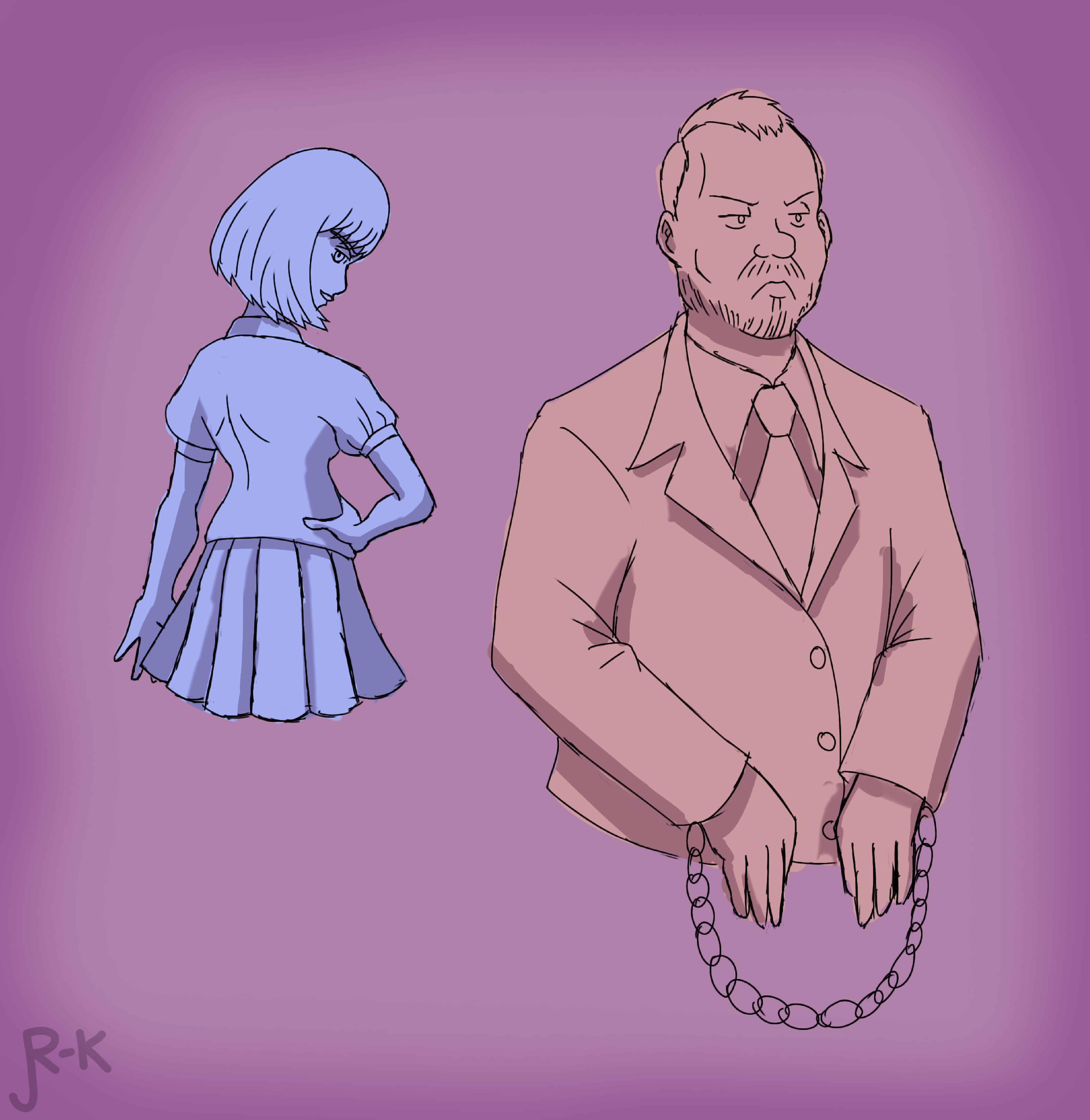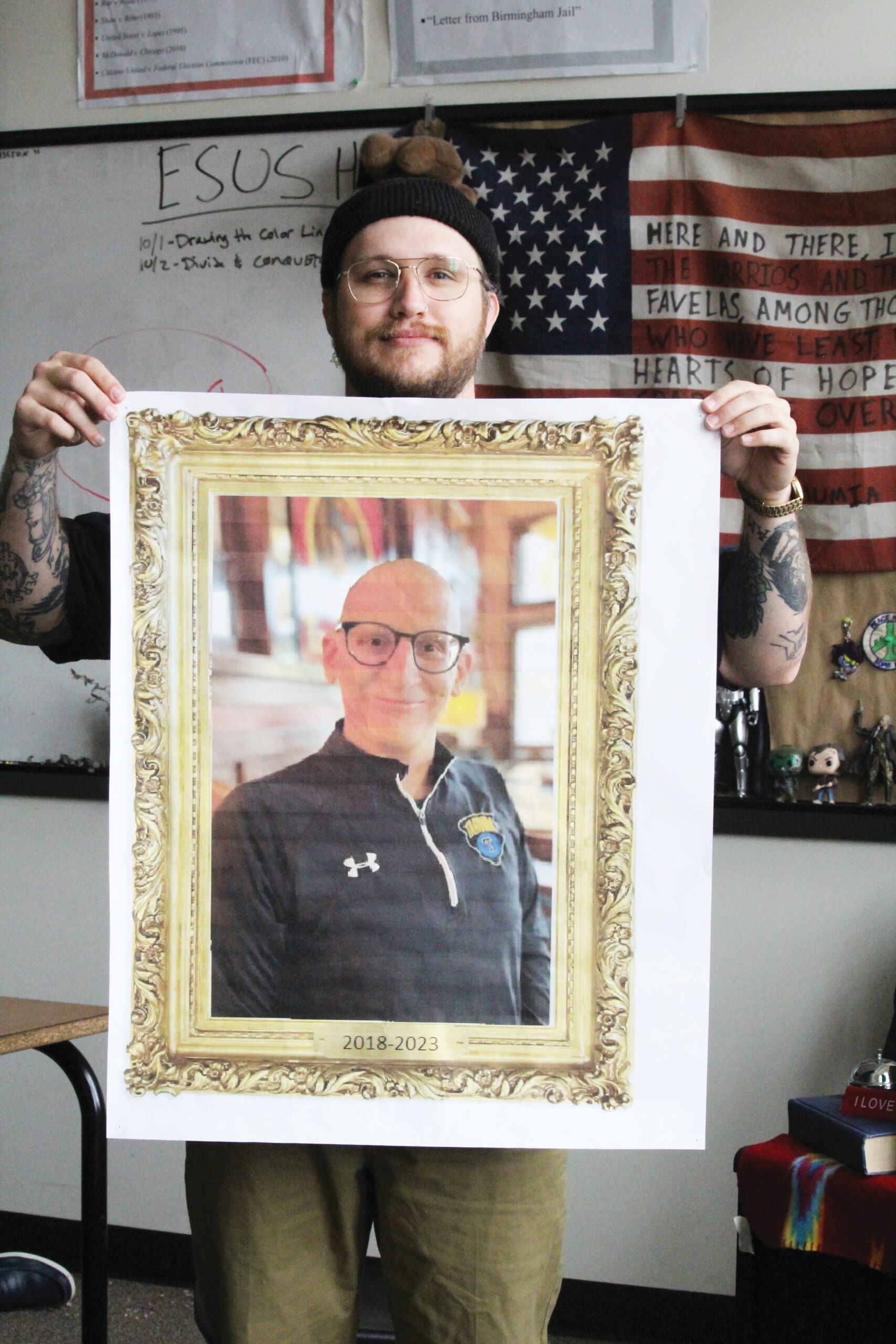In a torrent of sexual assault and harassment scandals reaching all aspects of the working world, from entertainment to politics, one case stands out from the rest. The story of Timothy Heller, a girl who claims to have been raped, not by a stranger that she met at a club or by a corrupt senator, but by her best friend, Melanie Martinez, an American singer-songwriter and former Voice contestant. In a Twitter post where Heller details her alleged encounter and inner turmoil over coming forward she states, “It’s hard to say someone you love raped you. Someone you STILL love.” She is not alone in this disbelief and denial that someone who they care so deeply for could do such a thing. In fact, according to RAINN.org, seven out of ten rapes are committed by someone the victim knew.
Heller writes of how, in an attempt to ward off Martinez’s unwanted sexual advances, she tried to laugh it off and continually brought up her boyfriend in hopes to staunch her approach. Repeatedly, she told Martinez no, but to no prevail. Melanie Martinez, upon hearing these allegations said that, “[Heller] never said no to what we chose to do together.” According to Sexual Assault Prevention and Awareness Center, “Consent is when someone agrees, gives permission, or says ‘yes’ to sexual activity with other persons.” If Heller’s story is correct, even if she had not expressly said the words no at that precise moment, through her actions and obvious discomfort, she clearly never gave consent.
Friendship does not equal consent. What someone is wearing does not mean consent. And simply because someone is not saying no, or fighting against the assault, does not necessarily mean they are saying yes either.
One may question that if they were best friends and they knew each other, why didn’t she just say no? The fact that the assailant is close to you brings an array of problems: from fearing conflict to not wanting to hurt someone, especially someone they love, saying this two-letter word can be much harder than people think. During attacks such as these, or even ones commited by a stranger, many rape victims experience the feelings of tonic immobility and dissociation, which is when the body endures such terrible physical and emotional distress, it can literally be paralyzed by fear or space out in an attempt to detach itself from the pain it is experiencing. Because of this reaction the body has embed into our brain, many victims are unable to call for help or fight their attacker off, suffering in silence as they are violated in a both mentally and physically grueling way.
When the words rapist or molester are brought up, often men – particularly men in power – first come to mind. Although it is true that in most cases men are the aggressors regarding sexual assault, the other percentage still needs to be acknowledged. According to Bureau of Justice Statistics (BJS), 46 percent of male victims reported a female perpetrator. As a society we must move past our preconceived notions on sexual victimization and shed the idea that women and the ones we love can’t be predators. The fact is: Women can rape women. Women can rape men. Friends can rape friends. And we must not let ourselves forget that.
Graphic By: Jared Rose-Kim



